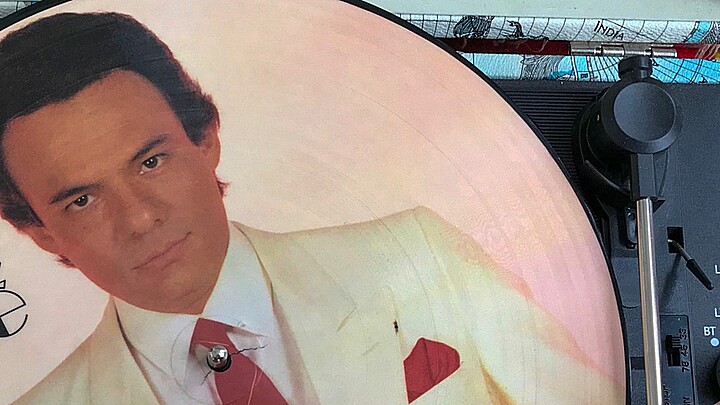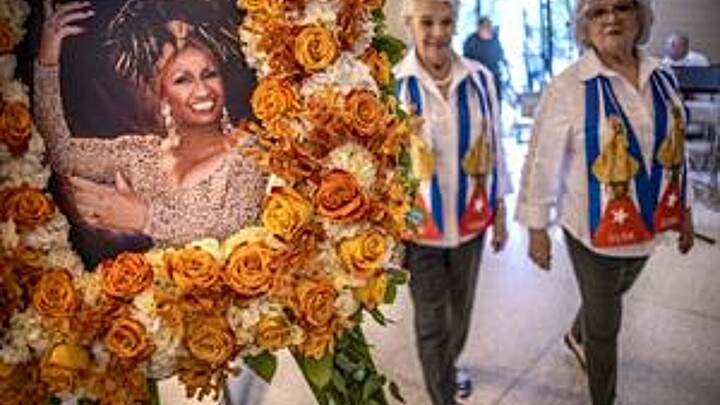Entertainment
'The revolution began to crumble': Camila Cabello talks about her Cuban experience
"Already the electricity was off for days, there were food shortages, rationing," Cabello explained in an interview with Kerry Washington
July 20, 2022 12:06pm
Updated: July 23, 2022 7:44am
Cuban American singer Camila Cabello, one of the stars of the world music scene, spoke in an interview about the failure of Fidel Castro's "Revolution."
"The revolution started with my grandparents, and when my mom's generation arrived, it started to fall apart. Already, the lights were going out for days, there were food shortages, rationing," Cabello explained in an interview on the show “Street You Grew Up On,’ hosted by Hollywood actress Kerry Washington.
Cabello added that "my mom's generation thought, 'Oh, this attempt at a dream that was sold to my parent's generation is not working, so she went to Mexico, and that's where she met my dad."
The "Señorita" singer added that her mother, who graduated with a degree in architecture on the island, realized in time that she could never make a living from her profession in Cuba. The "Revolution" cut off the wings of the entrepreneur. Camila was born in Havana but lived for a few years in Mexico before emigrating to the United States.
"My 'once upon a time' is not exactly linear because we moved around a lot. I was born in Cuba, my mom is Cuban, and my dad is Mexican. They met in Mexico," he added in the conversation.
A few months ago, the Cuban revealed how it was that border crossing with her family to the United States. "My mom crossed the Mexican border with me when I was seven. We had to leave my dad behind. I only had a few clothes in a backpack, basically no money, and I didn't speak English," said the young singer.
To make her trip more bearable, Camila explained that her family told her they were going to Disneyworld. She assured me that she was never aware of what was going on nor what they would have to face after making that family decision.
She and her mother were able to reach the southern border of the United States and take advantage of the "wet foot-dry foot" policy in effect at the time and then avail themselves of the Cuban Adjustment Act.
"We decided to start from scratch, with a couple of hundred dollar bills, the clothes on our backs, no family in the United States, and no idea what would happen the next day," she said.









